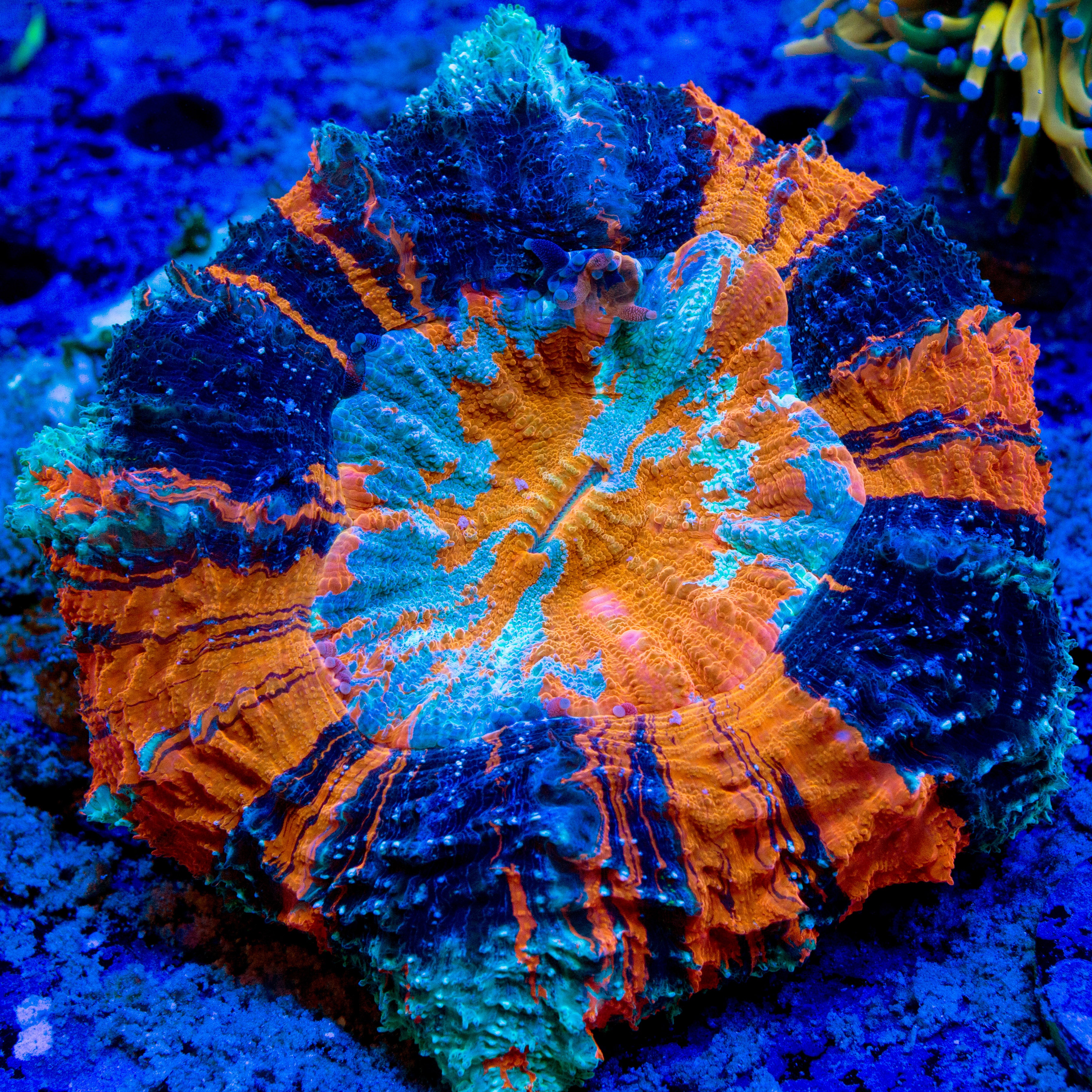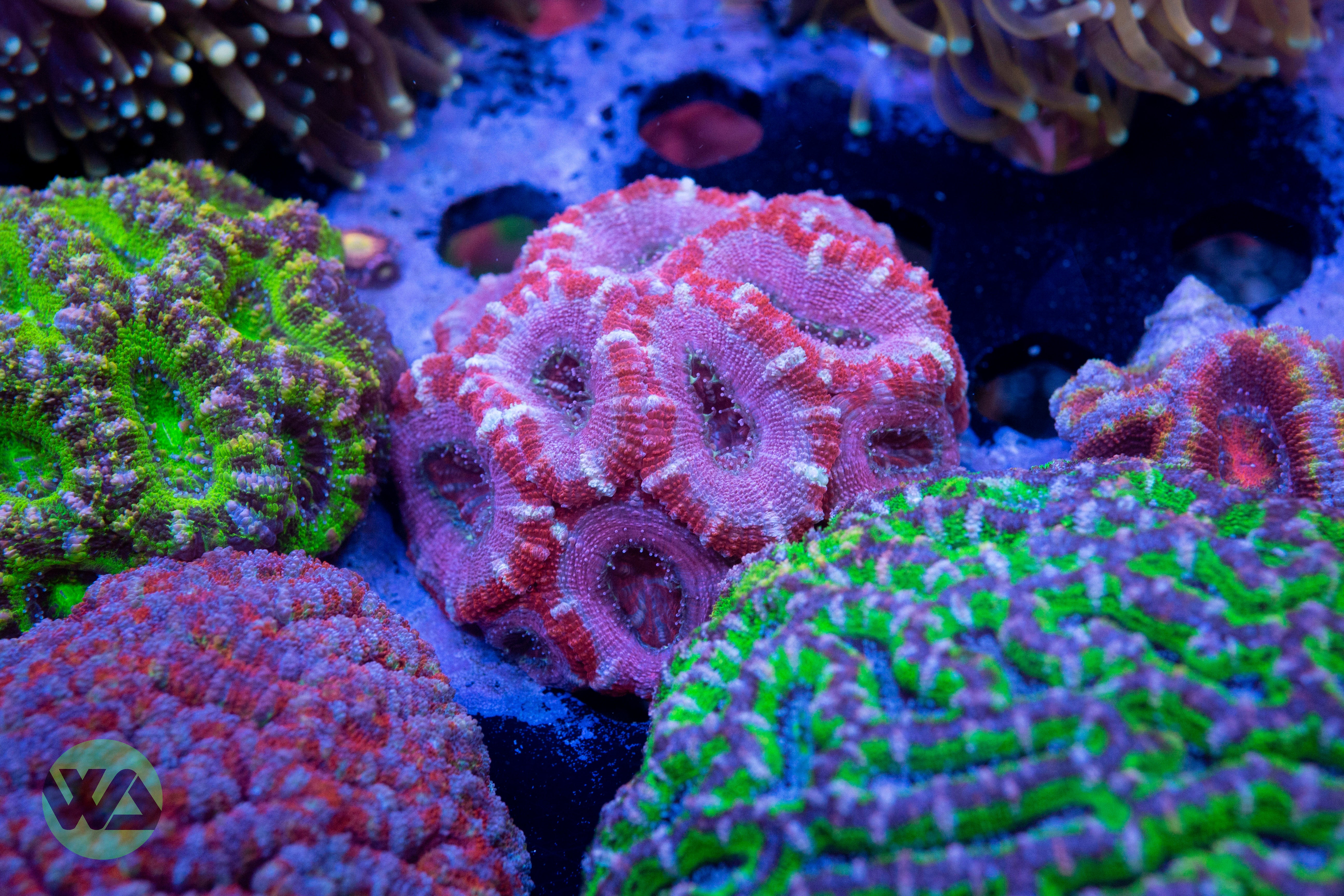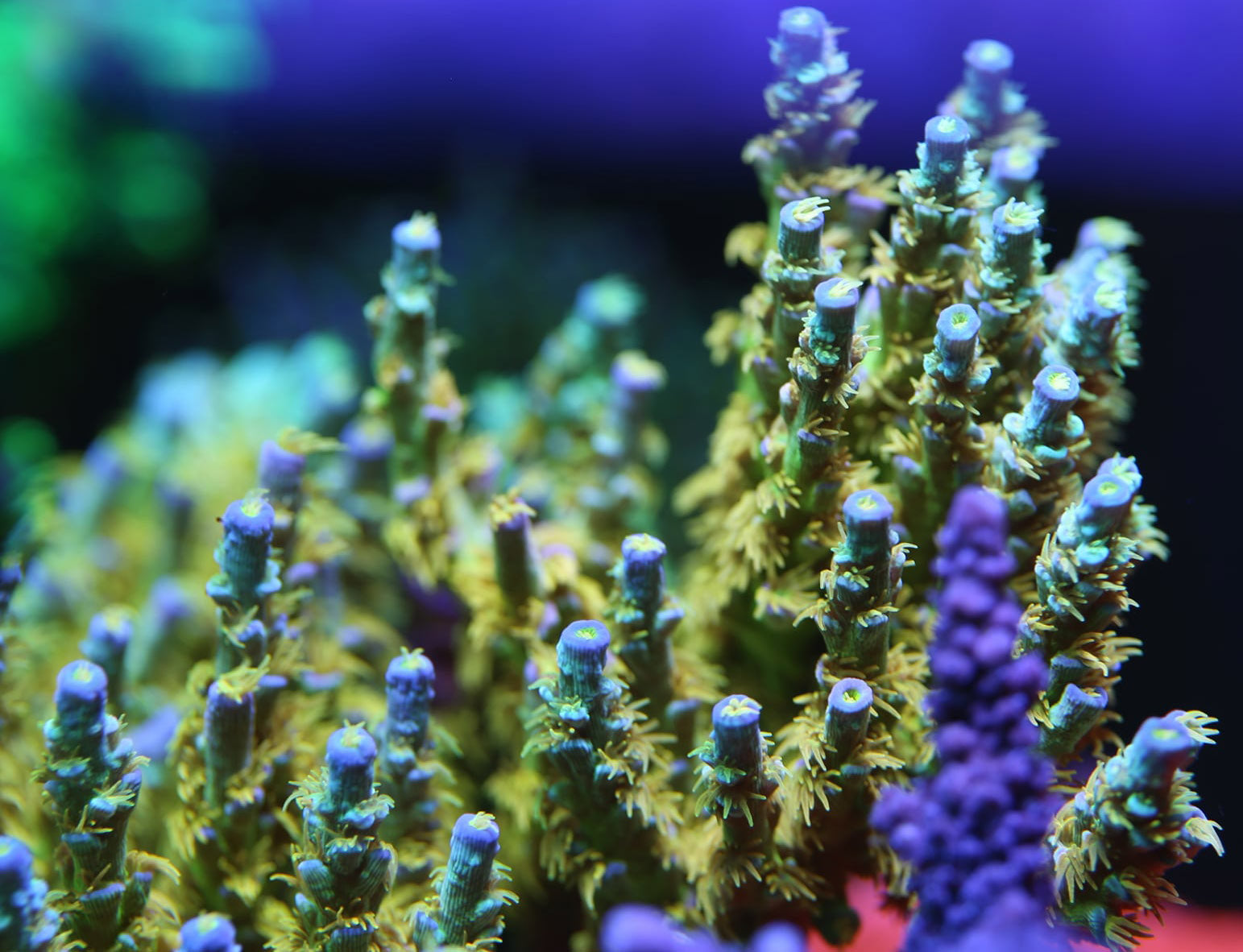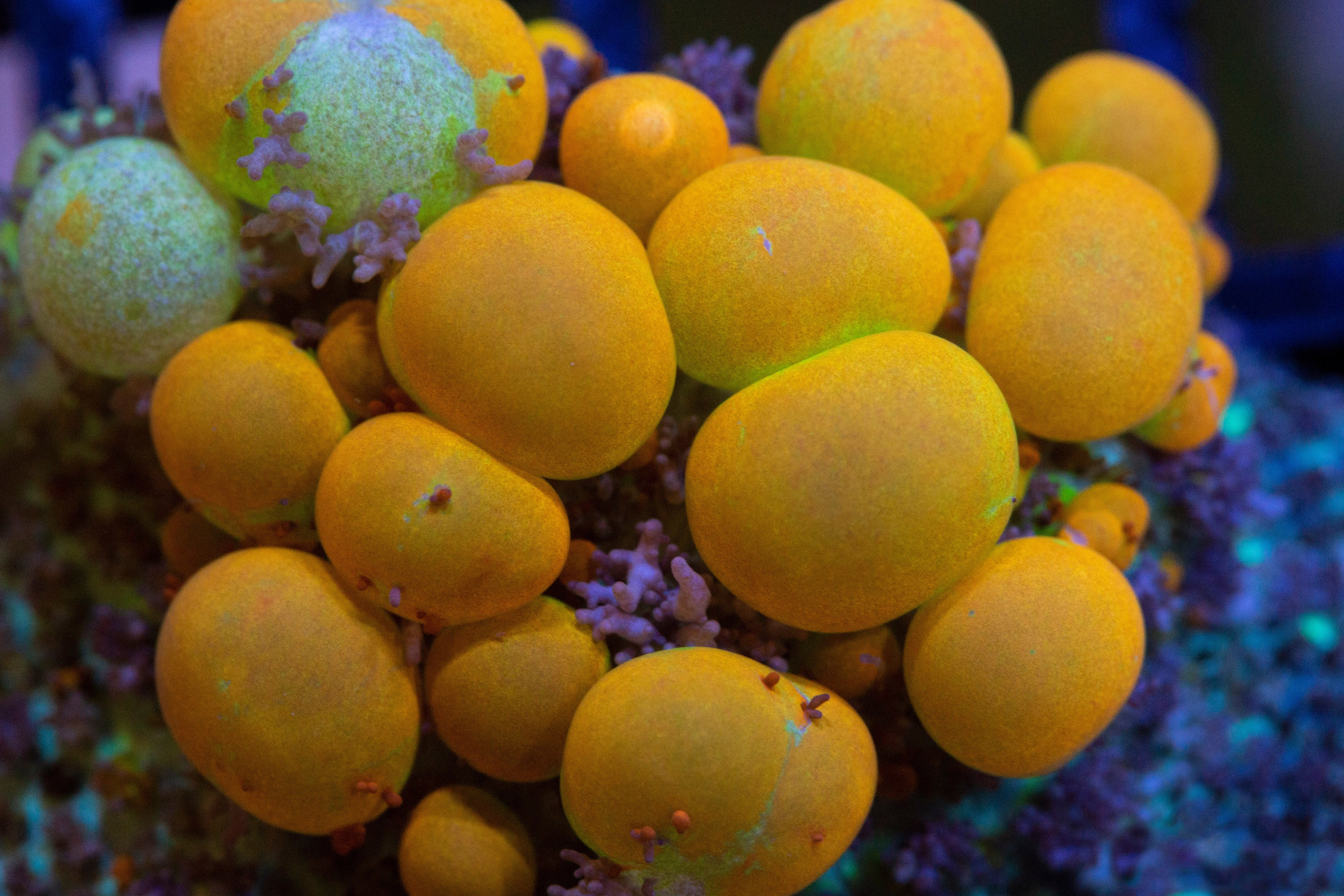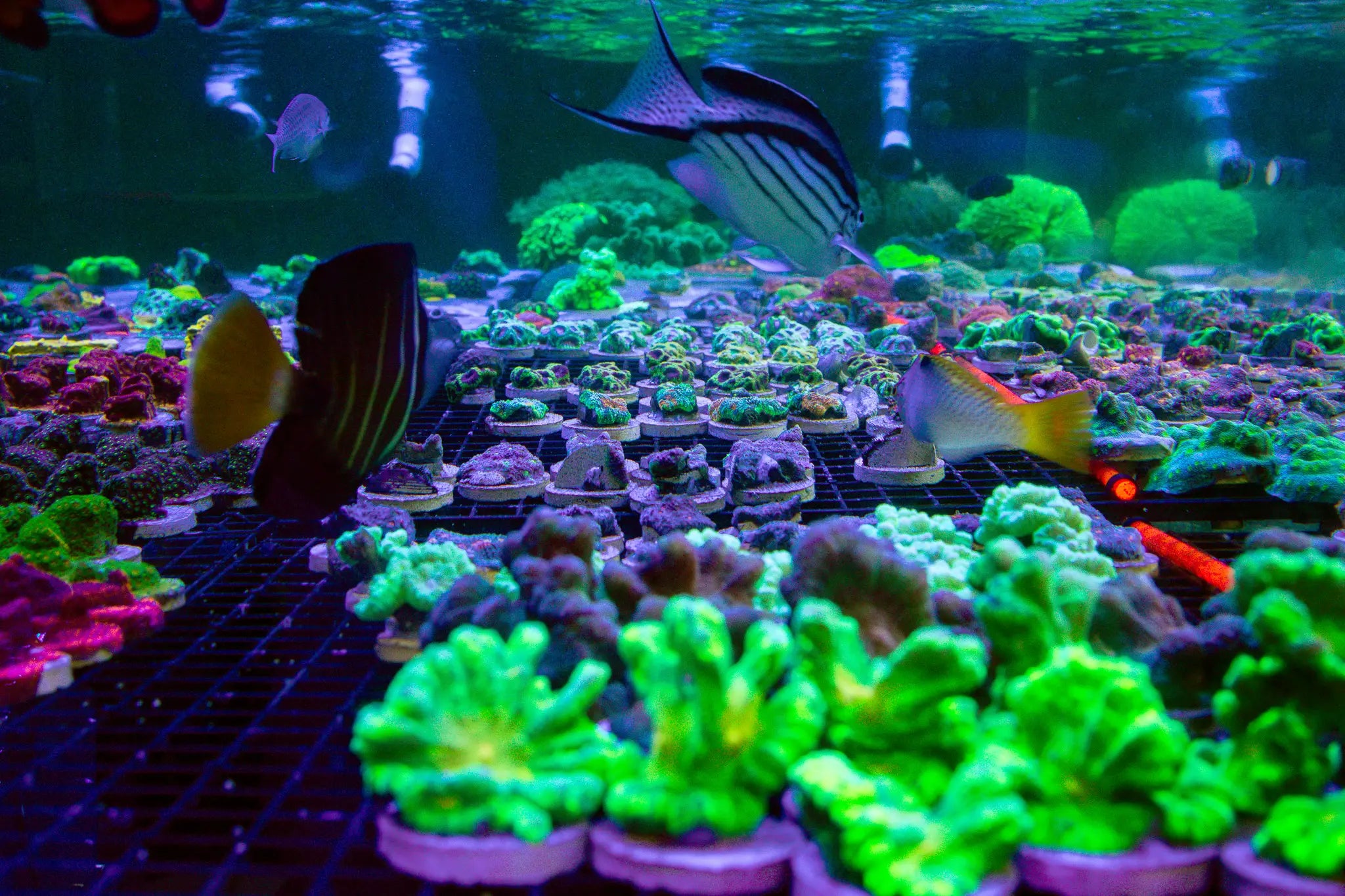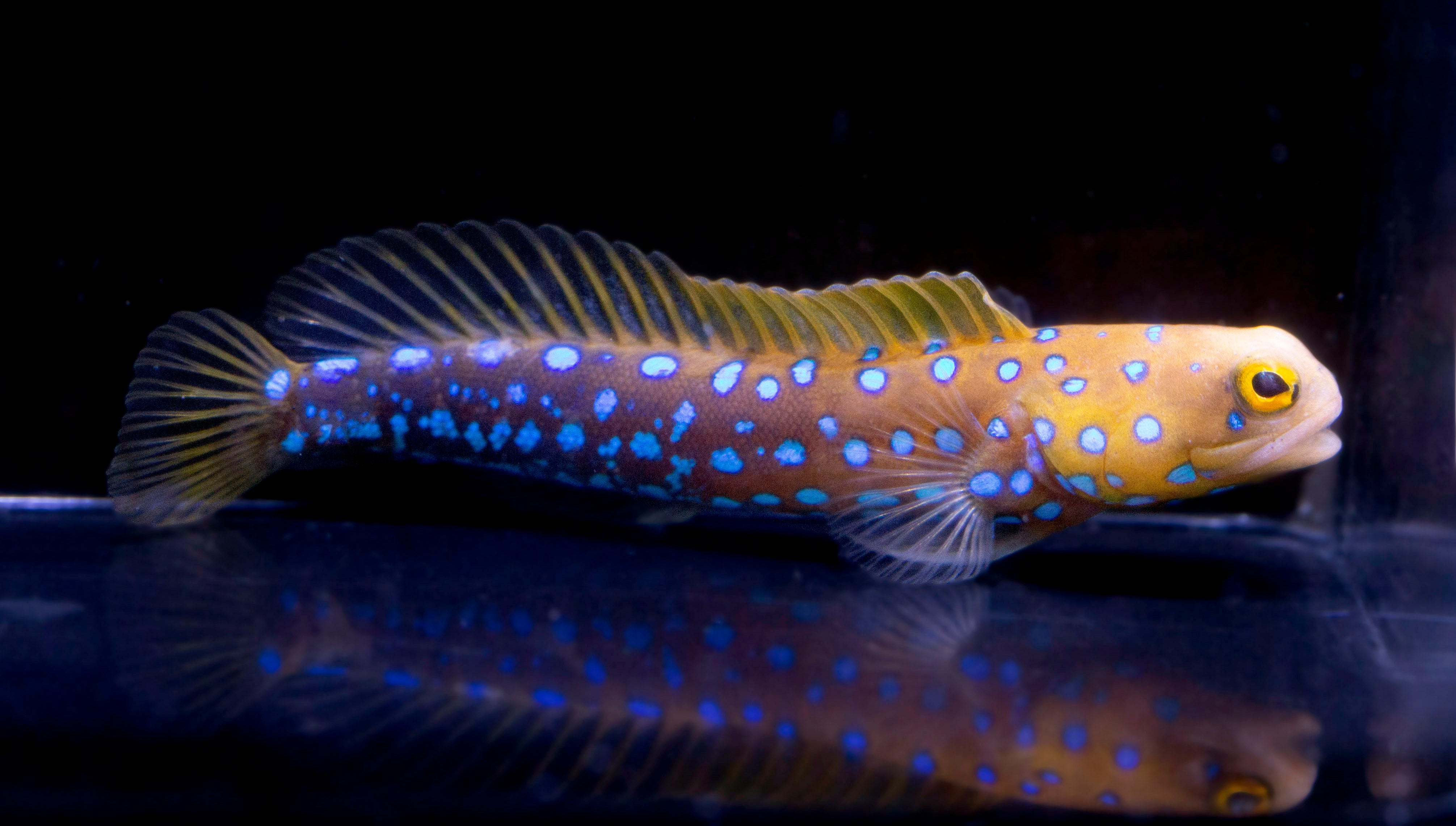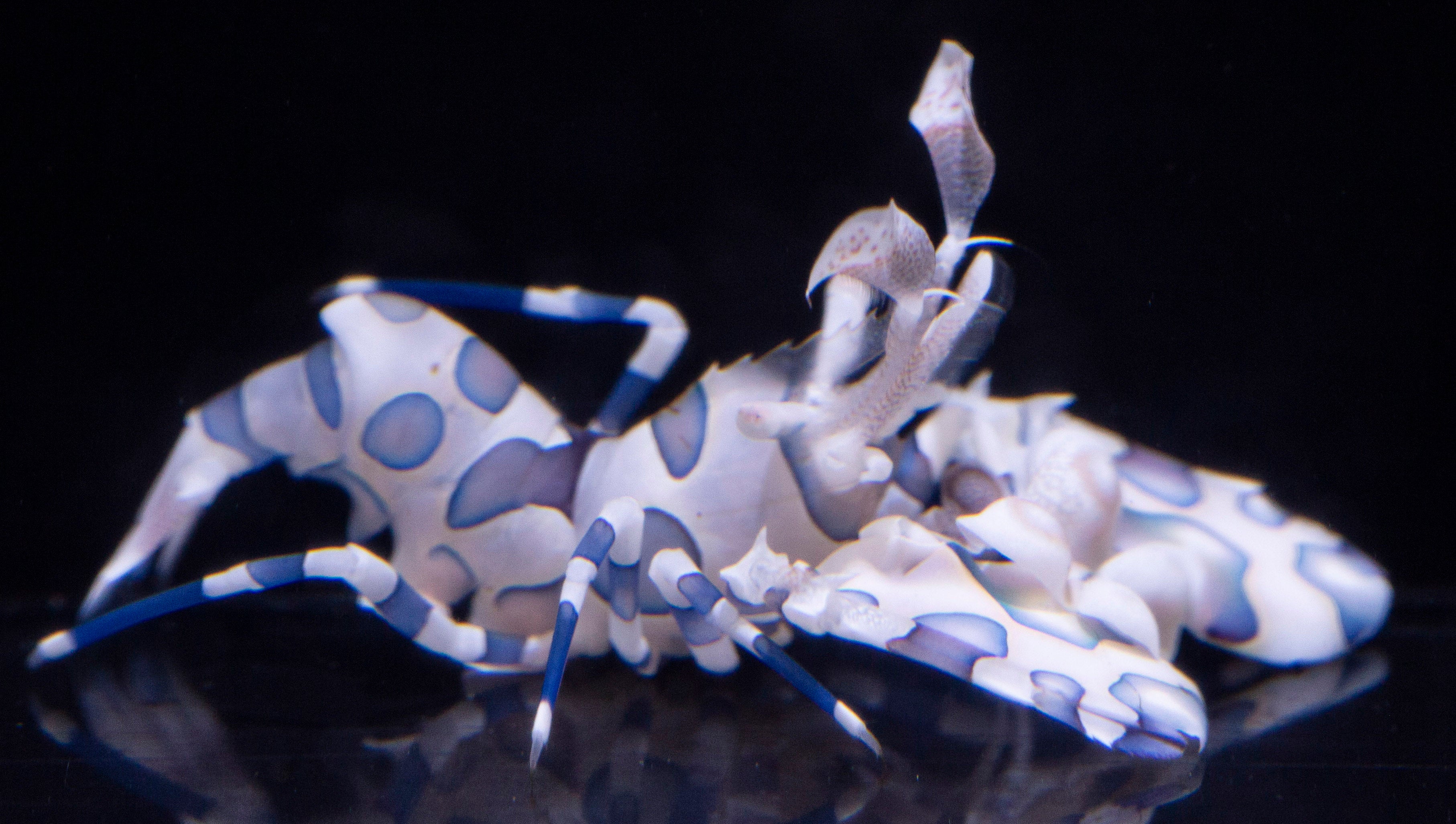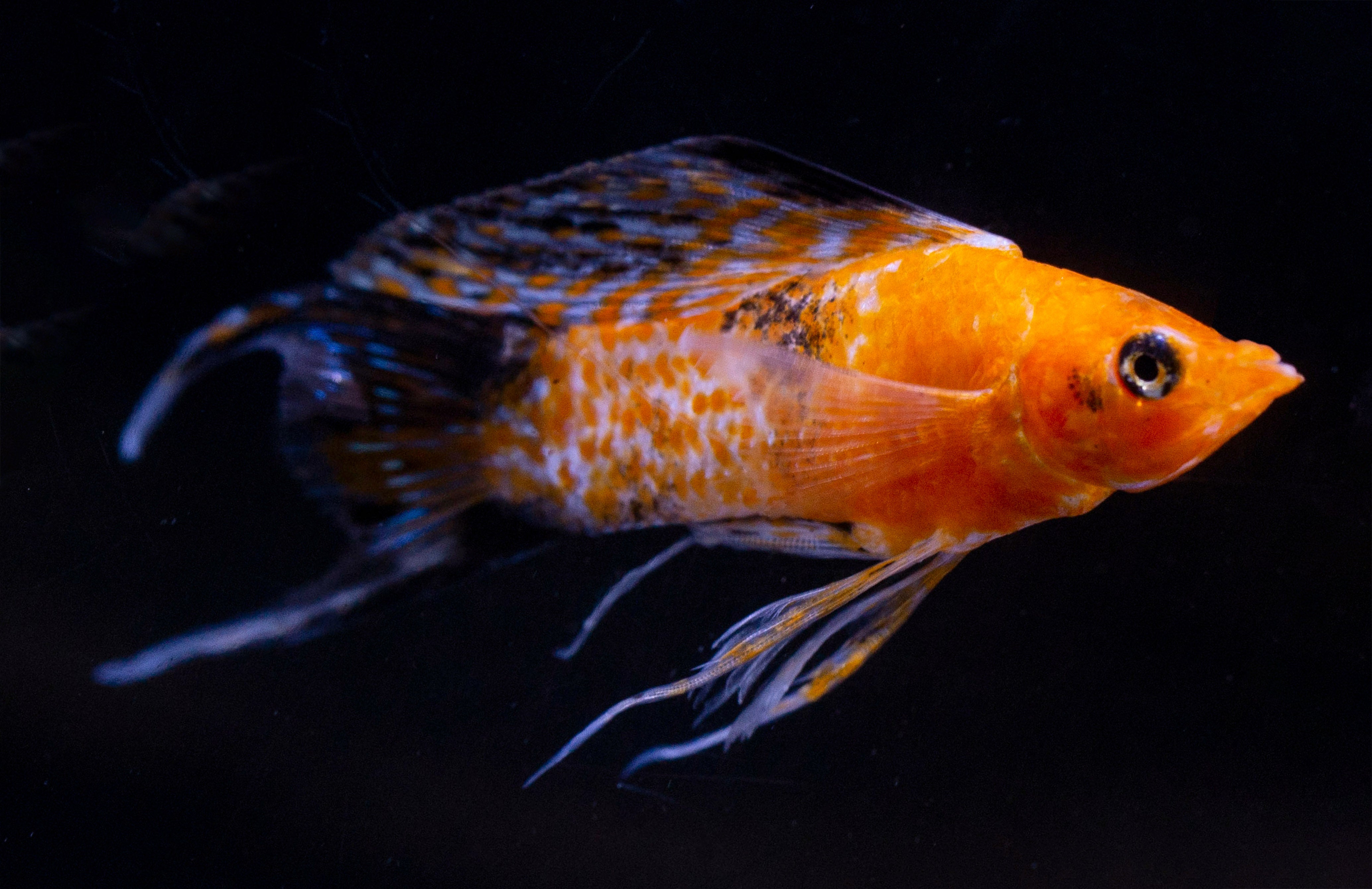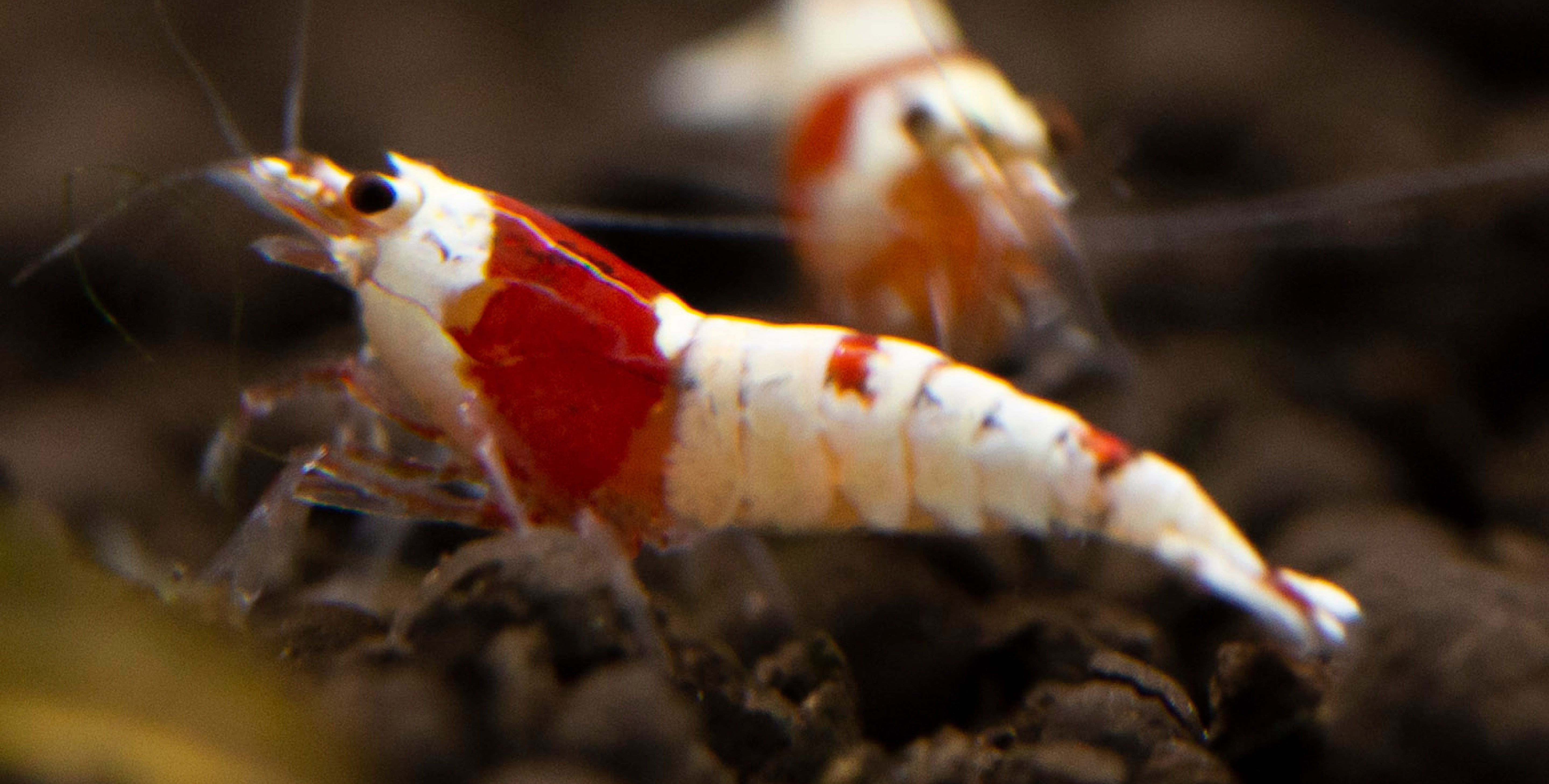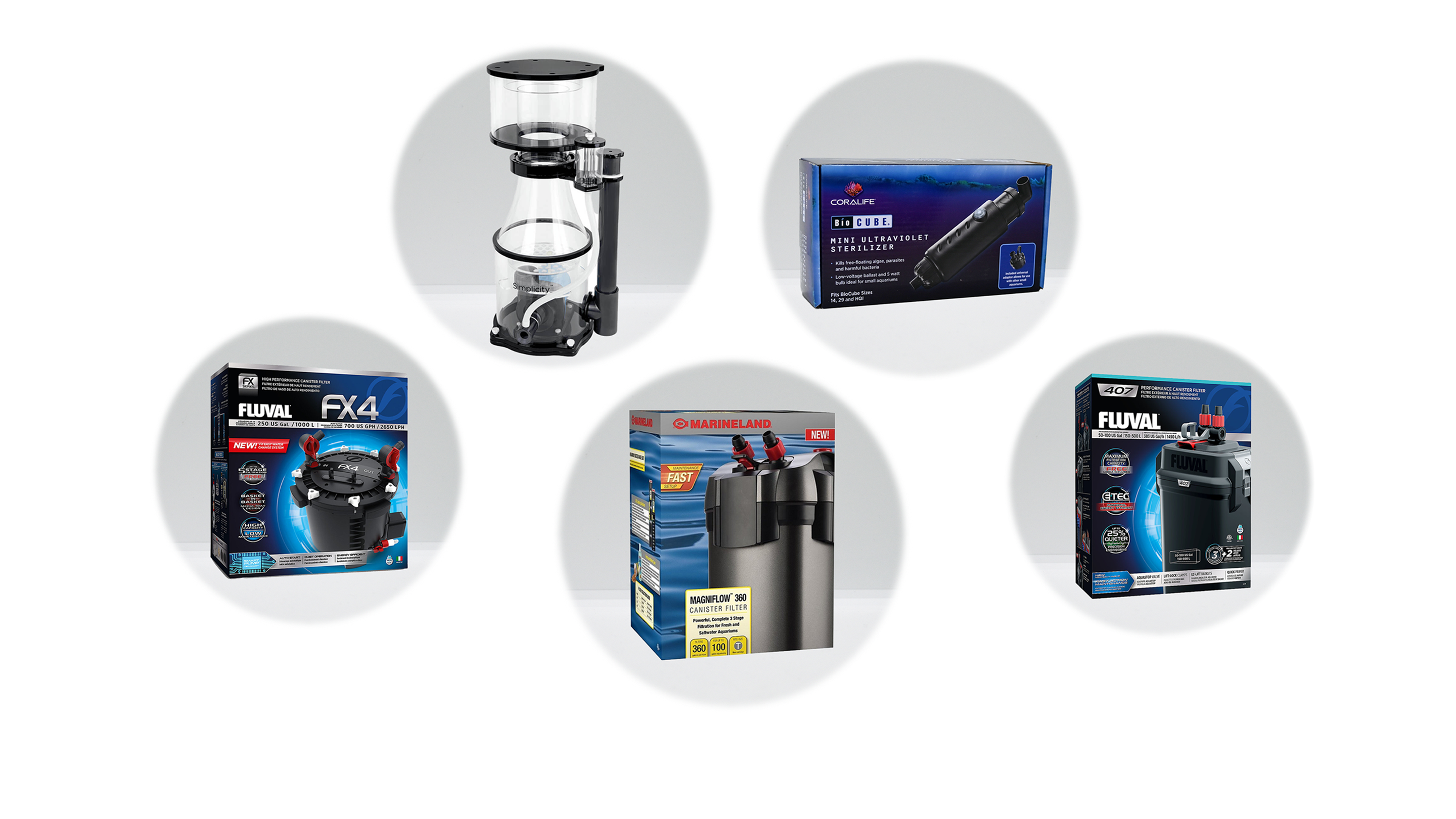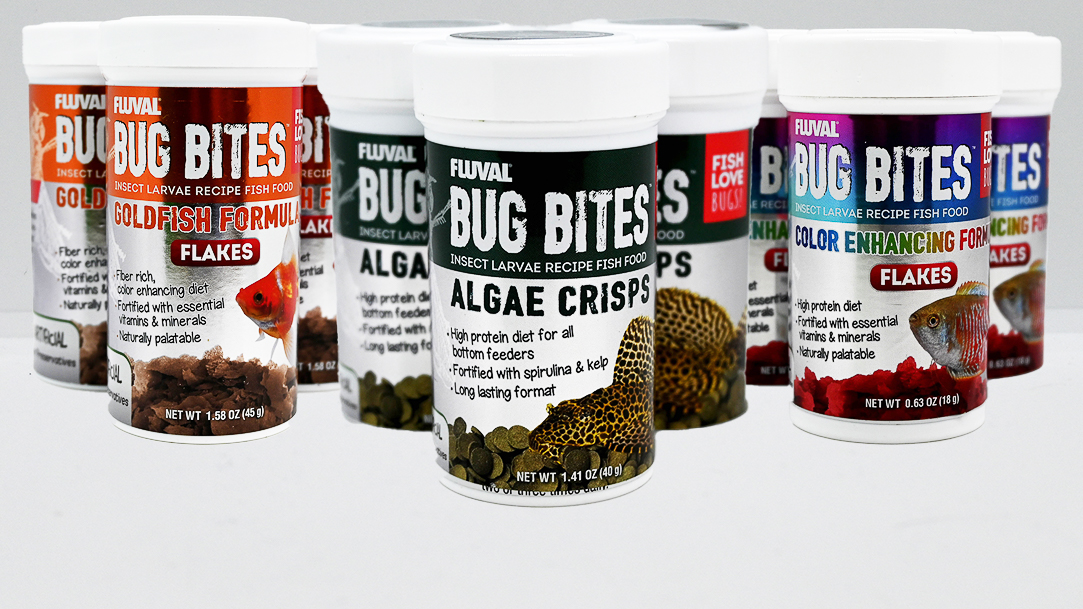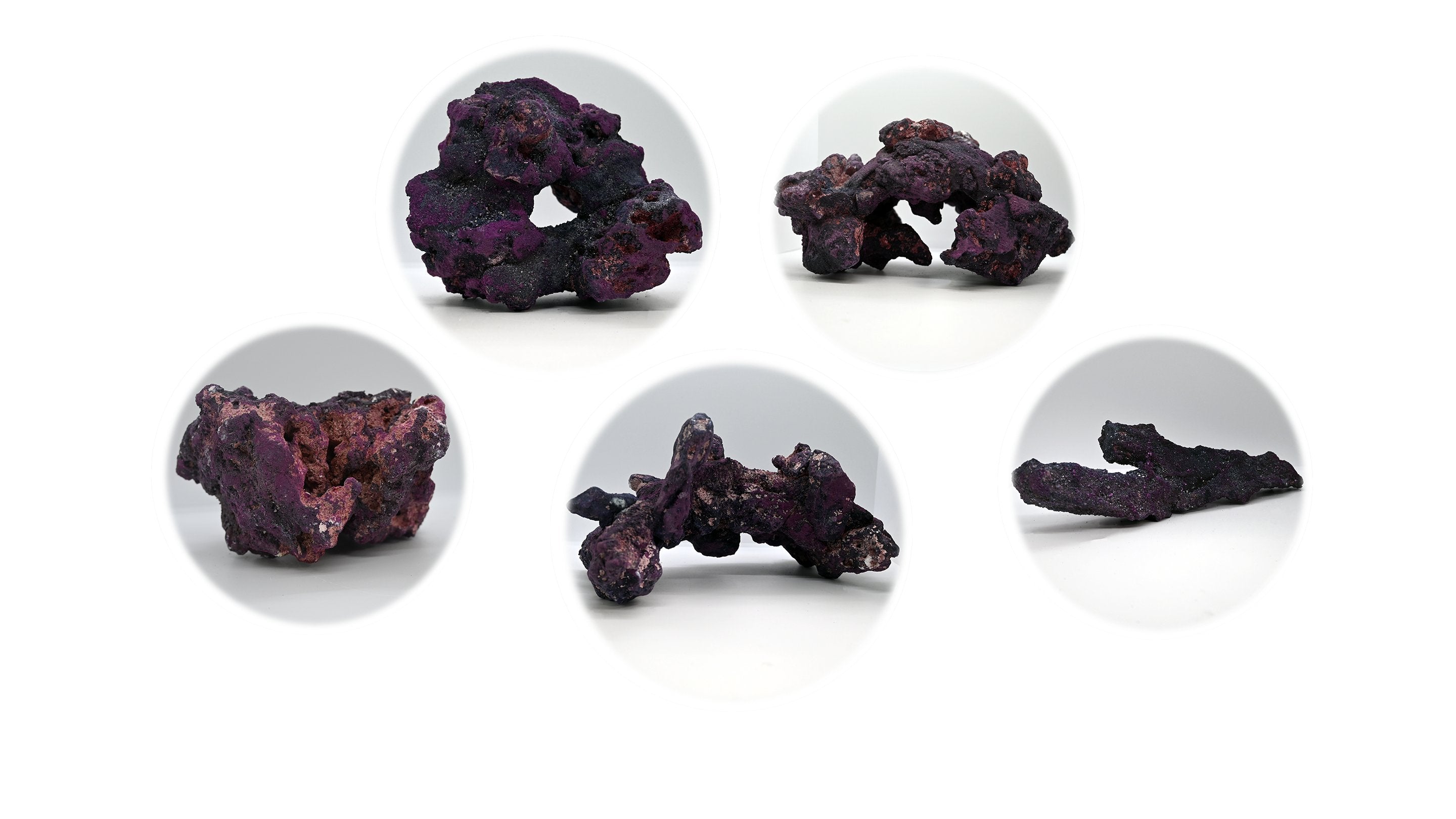Double Halfmoon Male Betta
- In stock, ready to ship
- Backordered, shipping soon
Double Halfmoon Male Betta - Betta splendens
The Double Halfmoon Male Betta (Betta splendens) is a visually stunning freshwater fish celebrated for its vibrant colors and elegant fin structure. This variety of Betta fish is particularly popular among aquarists due to its unique appearance and captivating behavior, making it an excellent choice for both beginner and experienced fish keepers.
Description:
• Common Name: Double Halfmoon Betta
• Scientific Name: Betta splendens
• Family: Osphronemidae
• Size: Typically grows to about 3-4 inches (7.5-10 cm) in length.
• Color: Known for its rich array of colors, including blues, reds, greens, and purples, often with iridescent scales. The Double Halfmoon Betta is characterized by its large, round tail that forms a 180-degree spread, giving it a unique half-moon shape.
Native Region:
The Double Halfmoon Betta is native to the shallow waters of Southeast Asia, particularly found in Thailand, Cambodia, and Vietnam. They inhabit rice paddies, swamps, and slow-moving streams, where they thrive in warm, still waters.
Aquarium Setup:
• Tank Size: Minimum of 5 gallons (19 liters) is recommended to provide adequate swimming space and territories.
• Water Parameters:
• Temperature: 76-82°F (24-28°C)
• pH: 6.5-7.5
• Hardness: 5-20 dGH (soft to moderately hard water)
• Diet: Carnivorous; primarily feeds on high-quality pellets, flakes, and live or frozen foods such as bloodworms, brine shrimp, and daphnia.
Care Level:
• Difficulty: Easy to moderate
• Temperament: Generally aggressive, especially towards other male Bettas. It’s essential to keep them in a single-specimen tank or with peaceful community fish that do not resemble other Bettas.
• Lifespan: Approximately 3-5 years with proper care.
Behavior:
Double Halfmoon Bettas are known for their active and curious nature. They enjoy exploring their environment and will often flare their fins when feeling threatened or during encounters with other males.
Additional Tips:
• Tank Mates: Best kept alone or with peaceful species such as tetras, rasboras, or snails. Avoid keeping them with fin-nipping species or other male Bettas to prevent aggression.
• Breeding: Breeding Bettas requires special care. Males should be separated until the breeding process begins. Males build bubble nests for the eggs, which they guard until they hatch.


